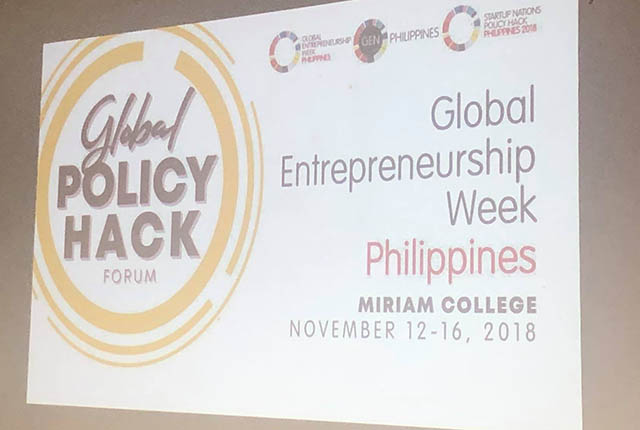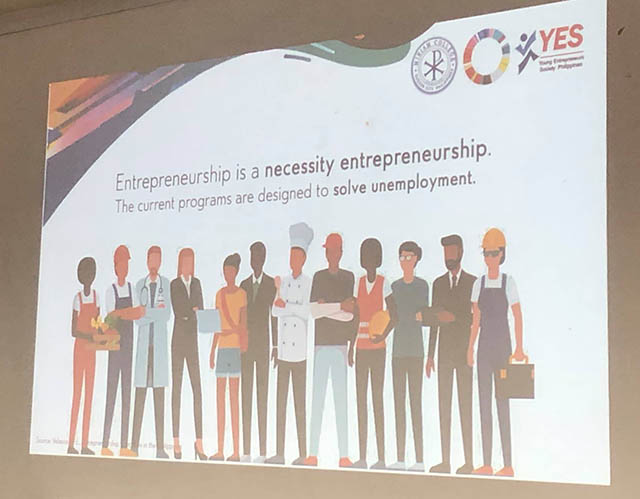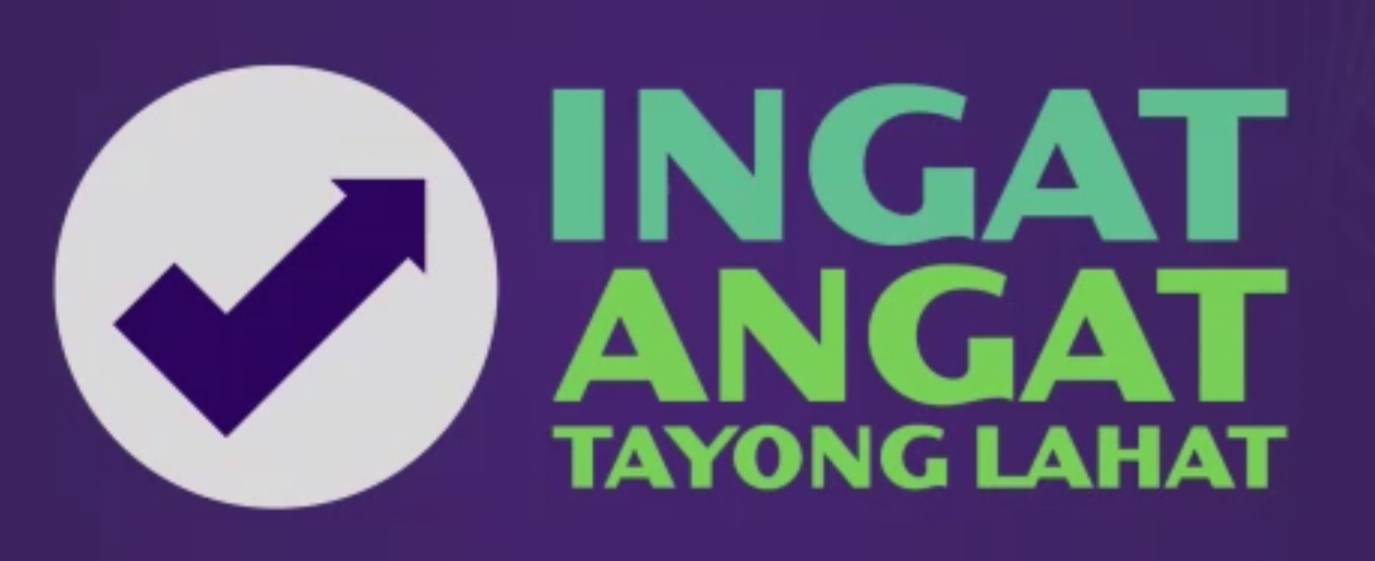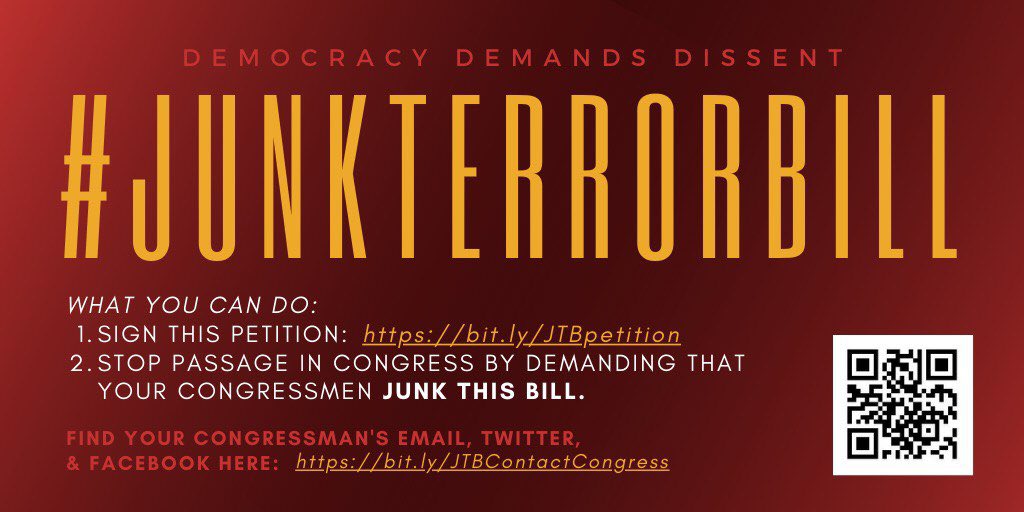Minimizing barriers + maximizing inclusion in entrepreneurship
This article was first published at the Sunday Business & IT of the Manila Times.
Entrepreneurship is a positive force that drives innovation, creates wealth and improves lives in communities. I hope that anyone will be able to achieve their dream by starting and developing a business with the least barriers and obstacles.
It started with a cup of coffee. My daughter reminded me we needed to buy Benguet Arabica at the Baguio Public market. I forgot how the coffee project idea started but I remember dropping the challenge to her: “if you love coffee so much, maybe you should be a coffee farmer?” or was it “maybe you should plant coffee?” I don’t know what popped up in my head that day. Maybe the cool climate and the pine trees gave that light bulb idea. The journey from bean to brew is taking shape and the challenges I face are part of the course. I can’t help think how government and stakeholders support the growth of micro, small and medium enterprises (MSMEs) and advancement of the entrepreneurial mindset.
During one week each November, Global Entrepreneurship Week (GEW) inspires people everywhere through local, national and global activities designed to raise awareness in entrepreneurship. The Kauffman Foundation started the GEW in 2008. Dozens of world leaders and a network of over 15,000 partner organizations support this event. The Young Entrepreneurs Society Philippines (YES) brought GEW to the Philippines in 2013. They held the Global Policy Hack Forum during the Global Entrepreneurship Week (GEW) on November 14, 2018 in Miriam College. As one of the forum-discussants under the entrepreneur sector, I raised policy points that might be worth elevating to a more serious research or discussion.
One barrier to the entry of new enterprises is the time-consuming step required to register a new enterprise. The Philippines ranked 124 among 190 economies in the ease of doing business based on the latest World Bank annual ratings for 2018. The low ranking is not so bad if one compares it to our Asean neighbors such as Cambodia (138), Laos (154), or Myanmar (171). Philippines’ ranking should be closer to Malaysia (15), Thailand (27), Vietnam (69), or Indonesia (73).
Republic Act 11032 or the Ease of Doing Business Act of 2018 may help newbie entrepreneurs. It focuses on the failure of the Anti-Red Tape Act of (2007) to work out the perennial problem of bureaucratic red tape in our government institutions. Did you know the Philippines even has the Magna Carta for Small Enterprises or Republic Act 6977 created in 1991? Another law, the Youth Entrepreneurship Act (Republic Act 10679) helps reorient the national mindset from wanting to seek employment to starting a business and providing employment for themselves and for others.
Implementation of the law is the bigger challenge. Government can improve the ease of starting a business by developing a one-stop-shop on an online portal. Ease of doing business includes access to financing, and to continuing education on skill development and knowledge. An online portal includes access to crowd funding, online education for farmers and producers in far-away provinces. The Department of Information and Communications Technology (DICT) must continue to bridge the digital divide through better internet. Imagine the possibilities of taking e-learning courses or being mentored by other entrepreneurs. Online shopping portals like Lazada or Shopee should make it easier to curate entrepreneurs that drive sustained, high impact social change across sectors.
While micro-financing is available, one can consider the alternative crowd funding platforms of Gava, Spark, FarmOn, Cropital and Upbuild. Kalsada, a coffee startup used the Kickstarter in 2015 since one of its co-founder lived in the USA. They set the campaign at $15,000 to build much-needed infrastructure for their farm partners to take their coffee from good to great. The pledges reached beyond their goal. Social media is the great equalizer if only more Filipinos get internet access. Free digital solutions are useful though one needs to invest on advanced features. Asana, a task management, project tracking and collaboration software built for teams is effective for collaboration. Business Plan for Entrepreneurs’ Startups offer templates for business plans, budgets, and marketing plans. MindMeister for iPad will help the entrepreneur imagine how their business can take shape.
Enough laws to promote the growth of MSMEs are available. The Asian Institute of Management’s 2018 Small and Medium Enterprises (SMEs) survey recommends “strengthening government institutions, promoting a mind-set geared toward growth and increasing SMEs’ awareness of tools that can spur their growth.” Entrepreneurship is a positive force that drives innovation, creates wealth and improves lives in communities. I hope that anyone will be able to achieve their dream by starting and developing a business with the least barriers and obstacles.
You can check out the four distinct themes of the Global Entrepreneurship Week:: Women, Youth, Inclusion and Ecosystem Connect https://genglobal.org/gew.





